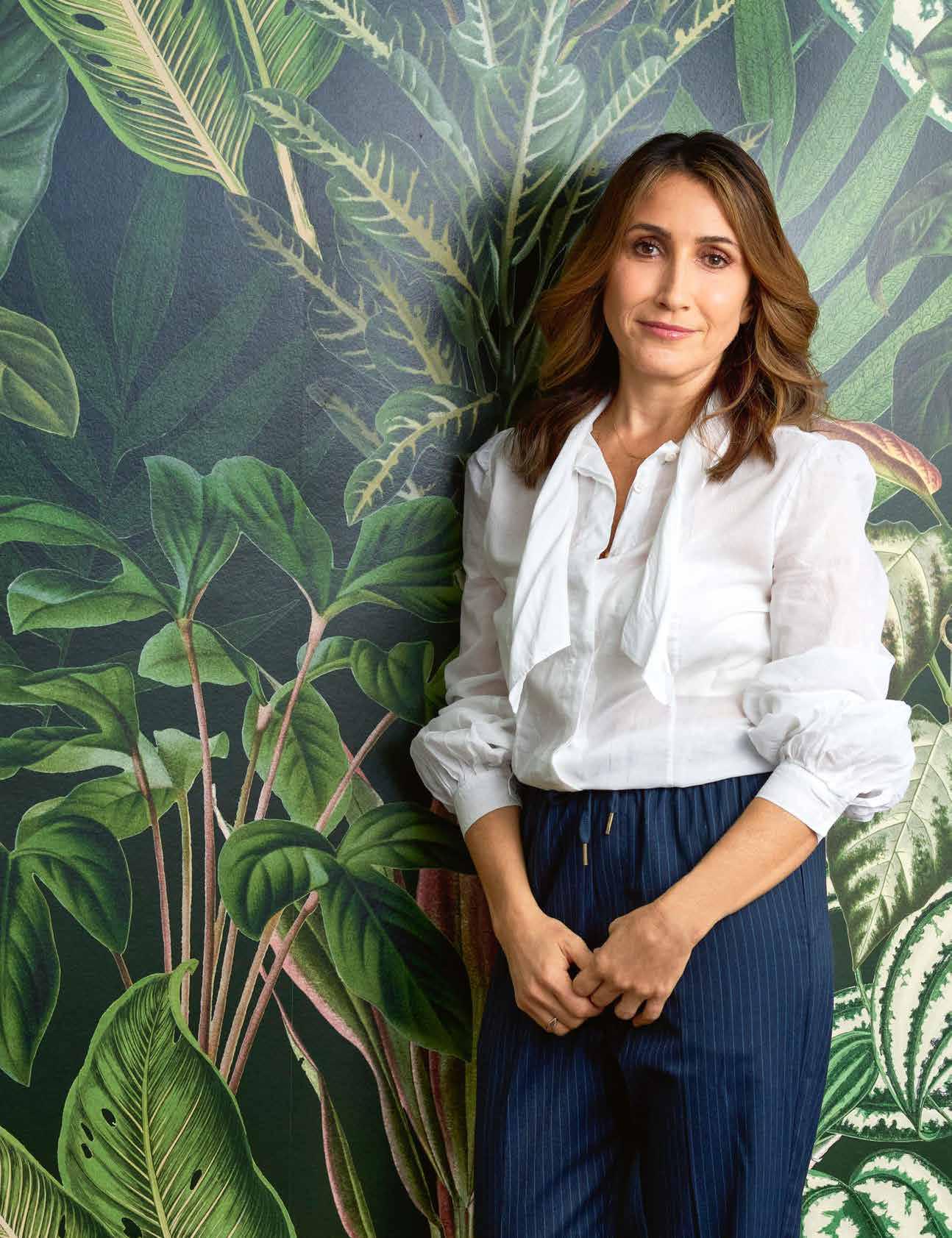
M aria Trogolo grew up in a community where everyone was scared. Born in Argentina in the mid ’70s, her homeland was in the iron grip of a succession of ruthless military dictators.
Two of her mother’s cousins were among the “disappeared” and babies were regularly stolen from their mums to be given to childless government supporters. It’s a story reminiscent of Margaret Atwood’s dystopian masterpiece The Handmaid’s Tale. But this is no fiction.
“I grew up in an environment of constant fear – fear that your children would not come home from school,” says Maria, the new programmes director at ChildFund New Zealand. “Fear informed who I was and what I wanted to be.”
It’s no surprise then that Maria, 46, would choose to become a humanitarian lawyer. She continues, “My first memory of going to school was making thank you cards to send to the soldiers in the Islas Malvinas War [also known as the Falklands War]. They were like children themselves – 18-year-olds fighting a war no one understood.”
Her parents, Jose Maria and Cristina, were political activists, but when Maria and her brother Carlos came along, they became more guarded in their activism to protect their children.
“They were traumatised by their own experience of law enforcement abuse,” she says. “They wanted us both to be lawyers, to understand our rights. If we didn’t understand our rights, we couldn’t protect ourselves or others. They gave us everything – a strong education, a thirst for learning and travelling, and open minds.”
This story is from the {{IssueName}} edition of {{MagazineName}}.
Start your 7-day Magzter GOLD free trial to access thousands of curated premium stories, and 9,000+ magazines and newspapers.
Already a subscriber ? Sign In
This story is from the {{IssueName}} edition of {{MagazineName}}.
Start your 7-day Magzter GOLD free trial to access thousands of curated premium stories, and 9,000+ magazines and newspapers.
Already a subscriber? Sign In
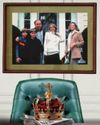
BATTLE FOR THE THRONE
As word of a judgement leaks from the courtroom where the Murdochs have been tussling for power, those close to the throne suggest that the battle for the world’s most powerful media empire has only just begun.
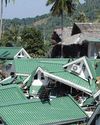
AFTER THE WAVE
Twenty years ago, the Boxing Day tsunami tore across the Indian Ocean, shredding towns, villages and holiday resorts, and killing hundreds of thousands of people from Indonesia to Africa. Three survivors share their memories of shock, terror and loss with The Weekly.

Escape to the country
Raised in New Zealand, design icon Collette Dinnigan opens the doors to her family homestead, where treasures from her travels rest side by side with the sights, sounds and style of her Australian life.

Ripe for the picking
Apricots are at their peak sweetness now, take inspiration from our savoury and sweet ideas.
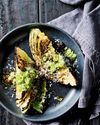
Grill-licious
The backyard barbecue has come a long way from the days of chargrilling some snags. Try our fresh batch of recipe inspiration for your next cook-up.

Reclaim your brain
Perimenopause made me realise that our brains need looking after.

Long and the short of it
If youre considering a chop and change, this is how to nail a hair transformation.
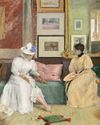
Have we lost the art of conversation?
In a world of thumbs-up emojis and one-way voice memos, are we forgetting how to converse? The Weekly engages in an experiment in listening and genuine two-way chatting.

Farewell, 1936-2024 Maggie T
At Lhe Weekly Maggie labberer was and remains our guiding light the epitome of elegance with a whip-smart intellect, naughty sense of fun and innate kindness. She was a one-off.

MEL SCHILLING Cancer made me look at myself differently
One year on from going public with her bowel cancer diagnosis, Mel Schilling reveals where she's at with her health journey and how it's changed her irrevocably.